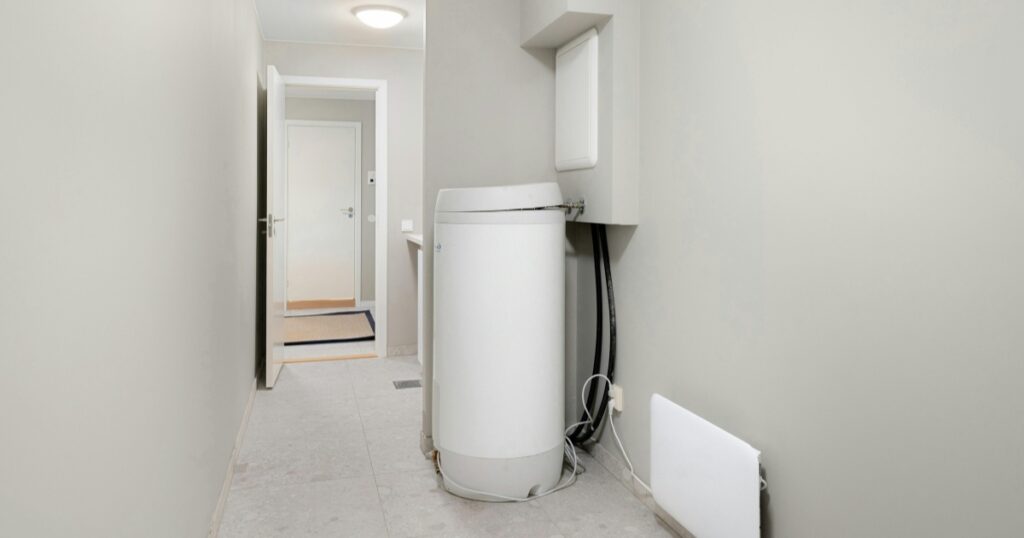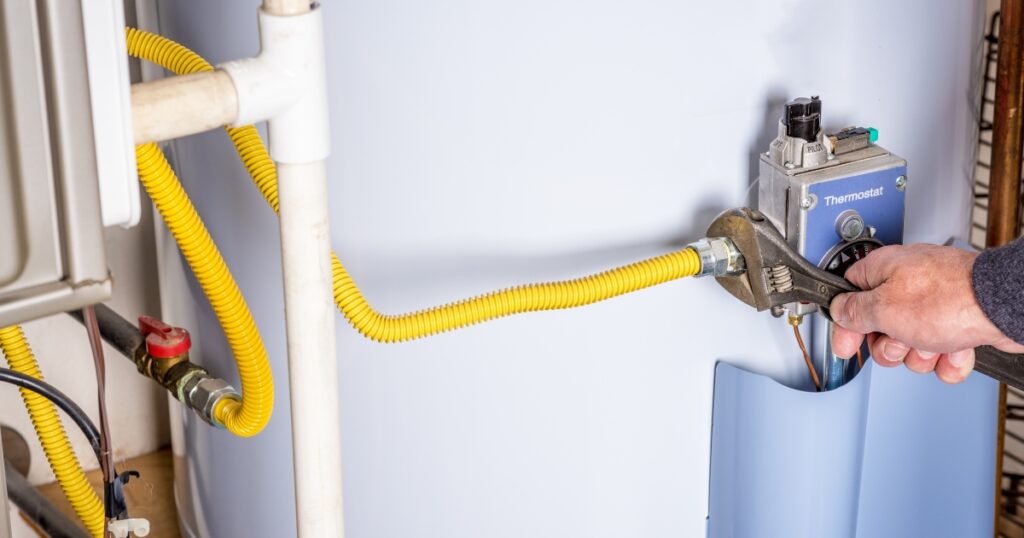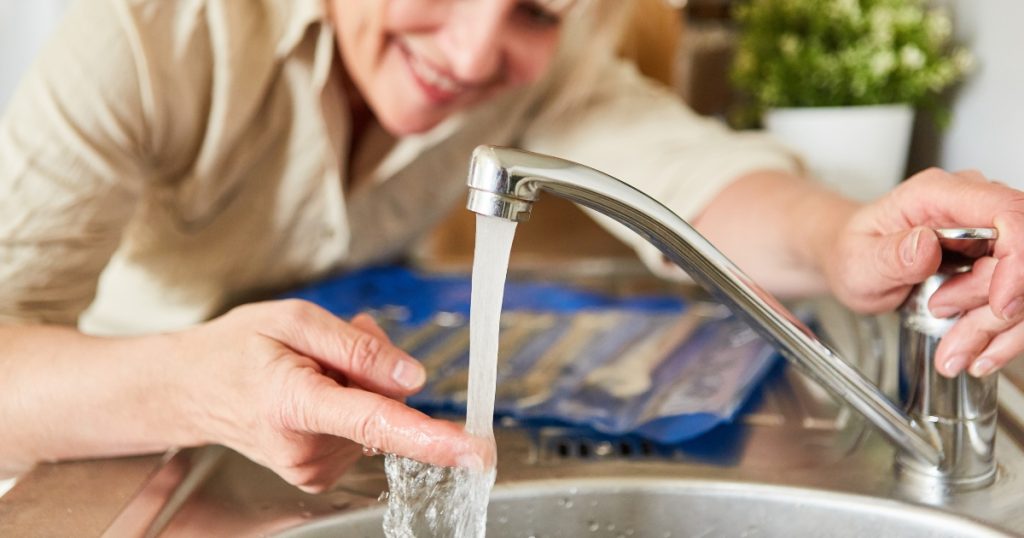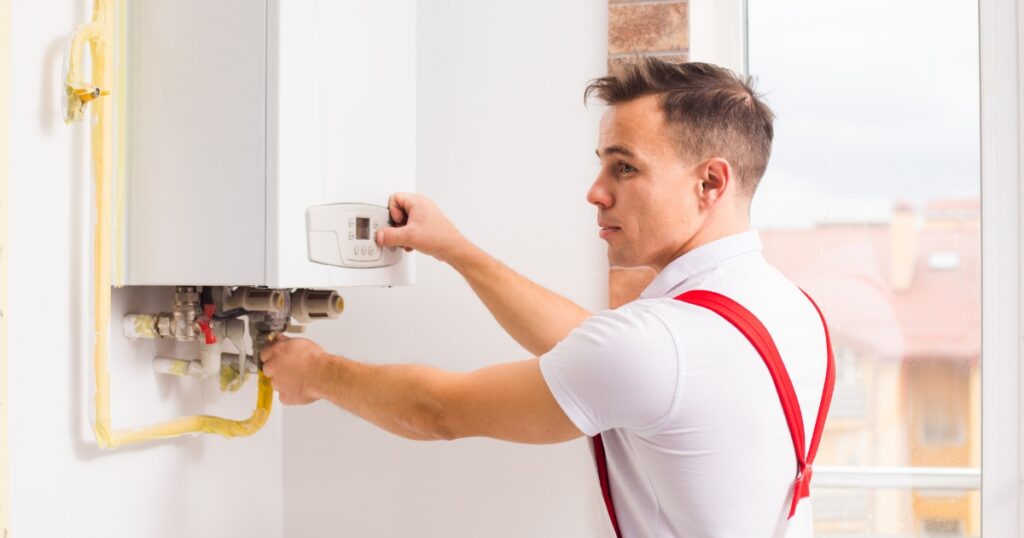When it comes to home comfort, few things matter more than reliable hot water. Whether you’re stepping into a hot shower or running a load of laundry, your hot water system works behind the scenes to keep things running smoothly. But over time, plenty of myths have taken hold, leading homeowners to waste money, ignore maintenance, or choose the wrong system altogether.
Let’s clear up the confusion. Here are some of the most common hot water system myths — and what you really need to know.
Myth 1: Leaving the Hot Water System on All Day Wastes Energy
This is one of the most widespread myths, especially with electric storage systems. Many believe that switching the system off during the day saves energy and lowers bills.
The truth: Modern hot water systems are designed to maintain temperature efficiently. Constantly turning the system on and off can make it work harder to reheat water from scratch, which may increase energy use, not reduce it. Well-insulated systems, especially those with thermostatic controls, only heat water when needed.
If you’re concerned about energy use, consider upgrading to an energy-efficient model or installing a timer if your setup supports it.
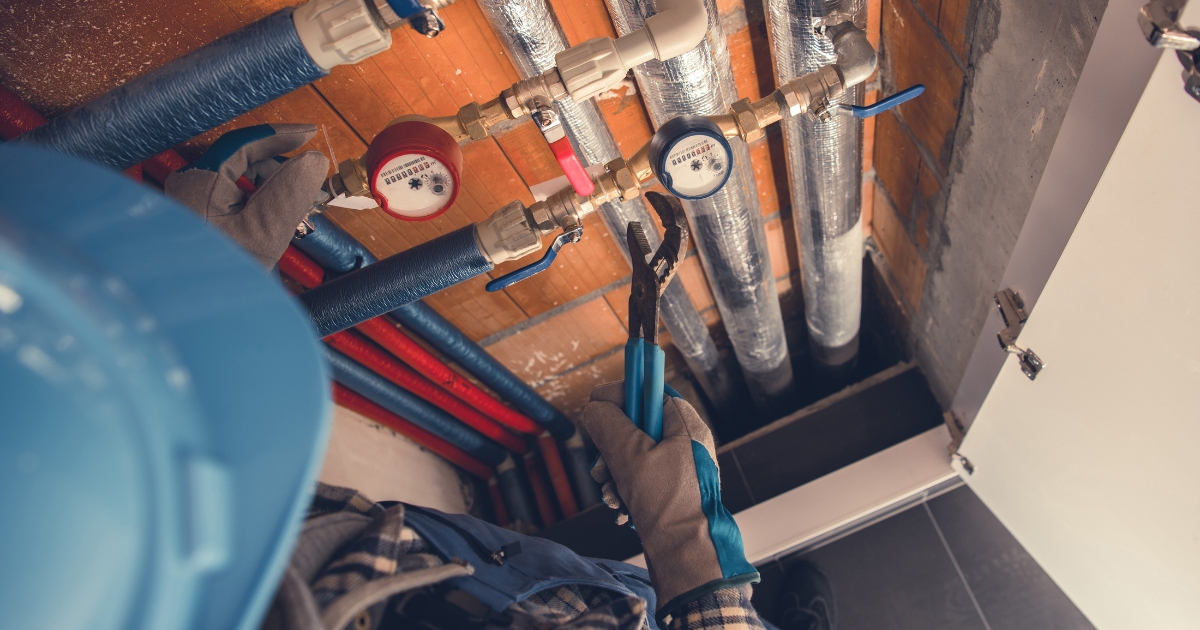
Myth 2: All Hot Water Systems Work the Same Way
A common misconception is that all hot water systems provide the same performance, they just use different power sources. The type of system you choose makes a big difference.
- Electric storage systems heat water and store it in a tank, which is ready for use at any time.
- Gas systems tend to reheat water faster than electric ones and are generally cheaper to run if natural gas is available.
- Instantaneous or continuous flow systems only heat water as you need it, offering a compact and efficient solution.
- Solar hot water systems use rooftop panels to absorb energy from the sun and may be backed up by electricity or gas.
- Heat pump systems draw warmth from the air and are a good option for energy-conscious households.
Choosing the right type depends on your household size, water usage patterns, and available power sources not just preference.
Myth 3: Bigger Tanks Are Always Better
It might seem like a larger tank would guarantee more hot water and fewer interruptions, but that’s not always the case.
The truth: Oversizing your system can actually lead to higher power bills, especially if you’re heating water that never gets used. At the same time, a system that’s too small won’t keep up with your needs, leaving you with cold showers during peak times.
The best approach is to match your system size to your actual usage. For example:
- A household of 1–2 people might only need a 90–160L storage tank.
- A family of 4 may need 250–315L or consider a continuous flow system for consistent supply.
Speak with a licensed hot water specialist to calculate the right size based on how your household uses water.
Myth 4: You Only Need to Replace a System When It Stops Working
Waiting for your system to completely break down before replacing it can lead to unexpected cold showers and urgent repairs and often at the worst possible time.
The truth: Like any appliance, hot water systems wear down gradually. Signs such as rusty water, loud rumbling noises, or inconsistent temperatures are early indicators that your system may be nearing the end of its life.
By acting early, you can plan a replacement that suits your needs and budget, rather than rushing to fix an emergency.
- 8–12 years for electric storage tanks
- Up to 15 years for continuous flow systems
- 10–20 years for solar hot water units
Routine inspections and servicing can also help extend your system’s lifespan and catch issues early.
Myth 5: Solar Hot Water Doesn’t Work in Cooler Climates
Some homeowners avoid solar systems, assuming they won’t work well during cloudy or cold conditions.
The truth: Solar hot water systems are designed to work year-round. While performance may drop slightly on overcast days, most systems include a gas or electric booster that maintains consistent water temperature no matter the weather. Even in cooler areas, solar can still significantly reduce your water heating costs over time.
In places like Lake Macquarie, where sunshine is fairly consistent, solar hot water remains a smart, efficient option for many households.
Myth 6: Hot Water Systems Don’t Need Servicing
Many people assume hot water systems are set-and-forget install one, and it’ll take care of itself for the next decade.
The truth: Like any major home appliance, your hot water unit benefits from ongoing care. Annual checks can help identify wear and tear, clear out sediment build-up in tanks, and make sure safety valves are functioning properly. Skipping maintenance can shorten the system’s life and result in more costly repairs down the line.
Some parts, like the sacrificial anode in electric systems, are designed to be replaced every few years to prevent internal corrosion.
Booking a service every 12–24 months can keep your system running efficiently and safely.
Myth 7: DIY Repairs Are Just as Effective
Hot water system issues whether it’s a leak, strange noise, or temperature problem that might seem simple enough to fix with a quick YouTube tutorial. But tampering with gas or electric systems without proper training is not only risky it is also illegal.
The truth: Licensed professionals are required for all repairs and replacements in Australia. Not only does this ensure your system meets safety regulations, but it also protects your home insurance and product warranties. Incorrect installations or repairs can lead to scalding, gas leaks, or electrical hazards.
If something’s not right, don’t guess, contact a qualified hot water specialist.
Myth 8: Instantaneous Systems Provide Unlimited Hot Water, Always
It’s easy to assume that continuous flow systems offer an endless supply of hot water to every tap, at any time. But there’s a bit more to it.
The truth: While these systems don’t run out of stored water, their capacity is based on flow rate and measured in litres per minute. If multiple taps or showers are running simultaneously, your system may struggle to keep up. You’ll still get water, but it may not be as hot or consistent.
Choosing the correct unit for your household and water pressure is key. Some systems allow for multiple controllers or temperature settings for better performance.
A hot water system is a long-term investment, and it pays to separate fact from fiction when it comes to choosing, maintaining, or upgrading yours. By understanding how different systems work and steering clear of common myths, you can improve efficiency, reduce your bills, and avoid unexpected breakdowns.
Contact your local experts Hogan Hot Water & Air Conditioning, they help homeowners across Lake Macquarie, Newcastle, and the Central Coast choose the right system for their needs and keep it running at its best..
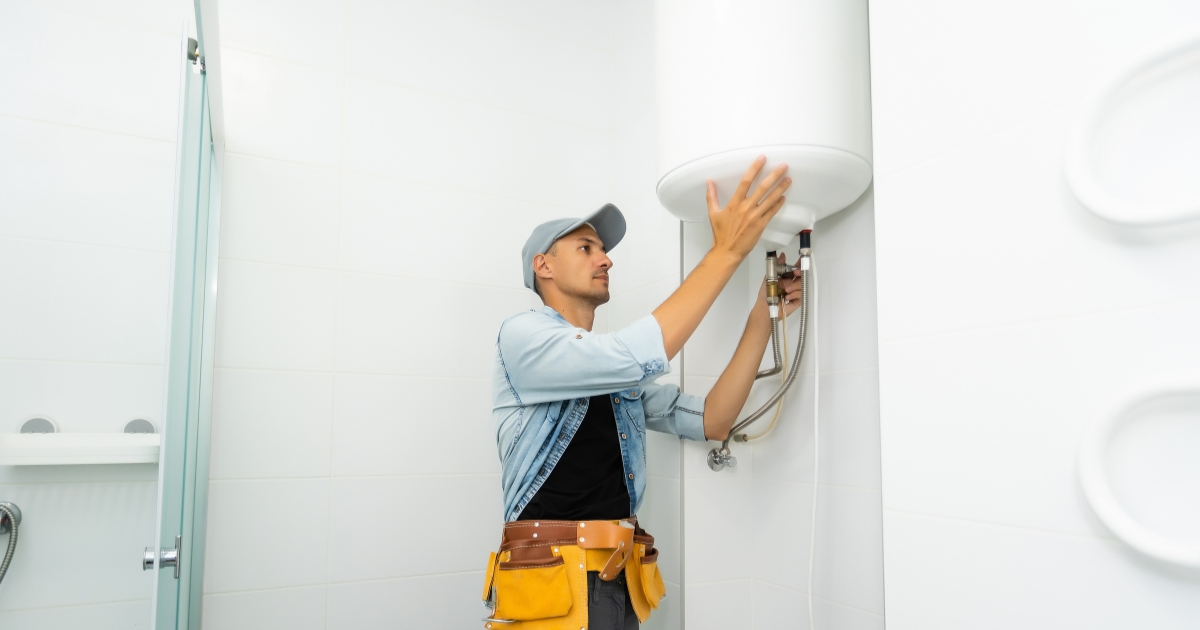
Looking to upgrade or need a service check?
Get in touch with our local experts and we’ll help you find the right solution with no pressure, just practical advice.

